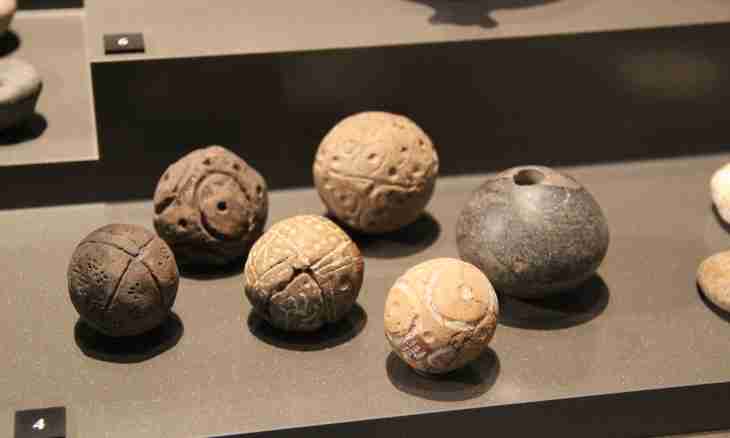The bronze age dominated about 2.5 millennia, however in the 12-13th centuries BC it was succeeded by the Iron Age. This transition was caused by grandiose changes in culture and public way of the states of the Middle East and East Mediterranean. Archeologists called it bronze collapse.
Bronze age – the long period of history of mankind characterized by development of production and processing of bronze as base metal for production of instruments of labor and weapon. It was connected with increase in volumes of the extracted copper and tin and the invention of the new improved ways of their processing.
Archeologists consider the beginning of a bronze age the middle 4 millennia BC. In the 12th century BC in culture and a social order of the countries of the Middle East and East Mediterranean (Egypt, Syria, Mesopotamia, Greece, Cyprus, Anatoly) there were serious changes.
There was a falling of the Egyptian empire, many cities were destroyed and plundered, multiple commercial relations were broken, trade ways became empty. Many traditions and customs were lost, writing of some people disappeared. In Greece the period which received the name of "dark centuries" and lasted nearly 400 years began. Due to almost continuous wars to the course there was a lot of weapon, and, therefore, and bronze. Reserves of tin began to be exhausted, and still this metal seldom meets in the nature. The new method of production of weapon and new raw material was necessary. Iron though on metallurgical properties bronze stronger and is more durable than iron became such material, besides its production requires much the smaller temperature of melting. Iron began to be applied in metallurgy of some countries in the period of a late bronze age, in the 16-12th centuries BC. This metal, according to historical evidences, was discovered by haliba, the people of Asia Minor. From the name of their people the name of metal, from a Greek halibas – "iron" also went. As raw materials for iron smelting to haliba served the magnetite sands consisting of small fragments of various breeds. Greeks continued development of ways of extraction of new metal, and iron spread everywhere. Subsequently its began to use in production of instruments of labor that promoted increase in fertility of lands and increase in a harvest. Thus, the bronze age was succeeded by the Iron Age.
